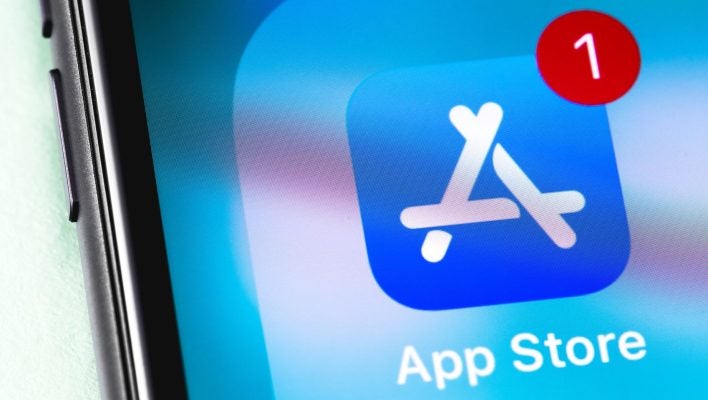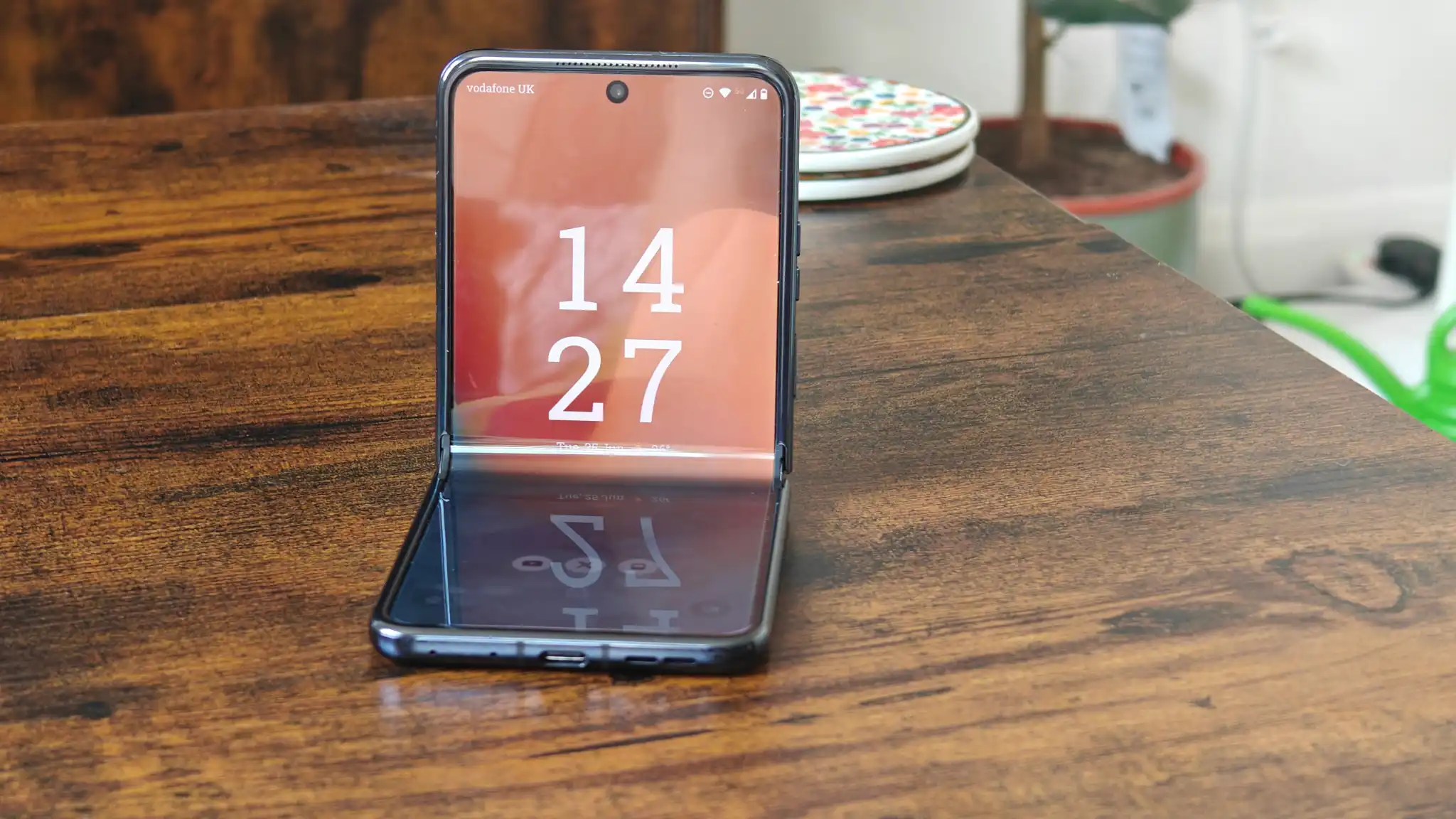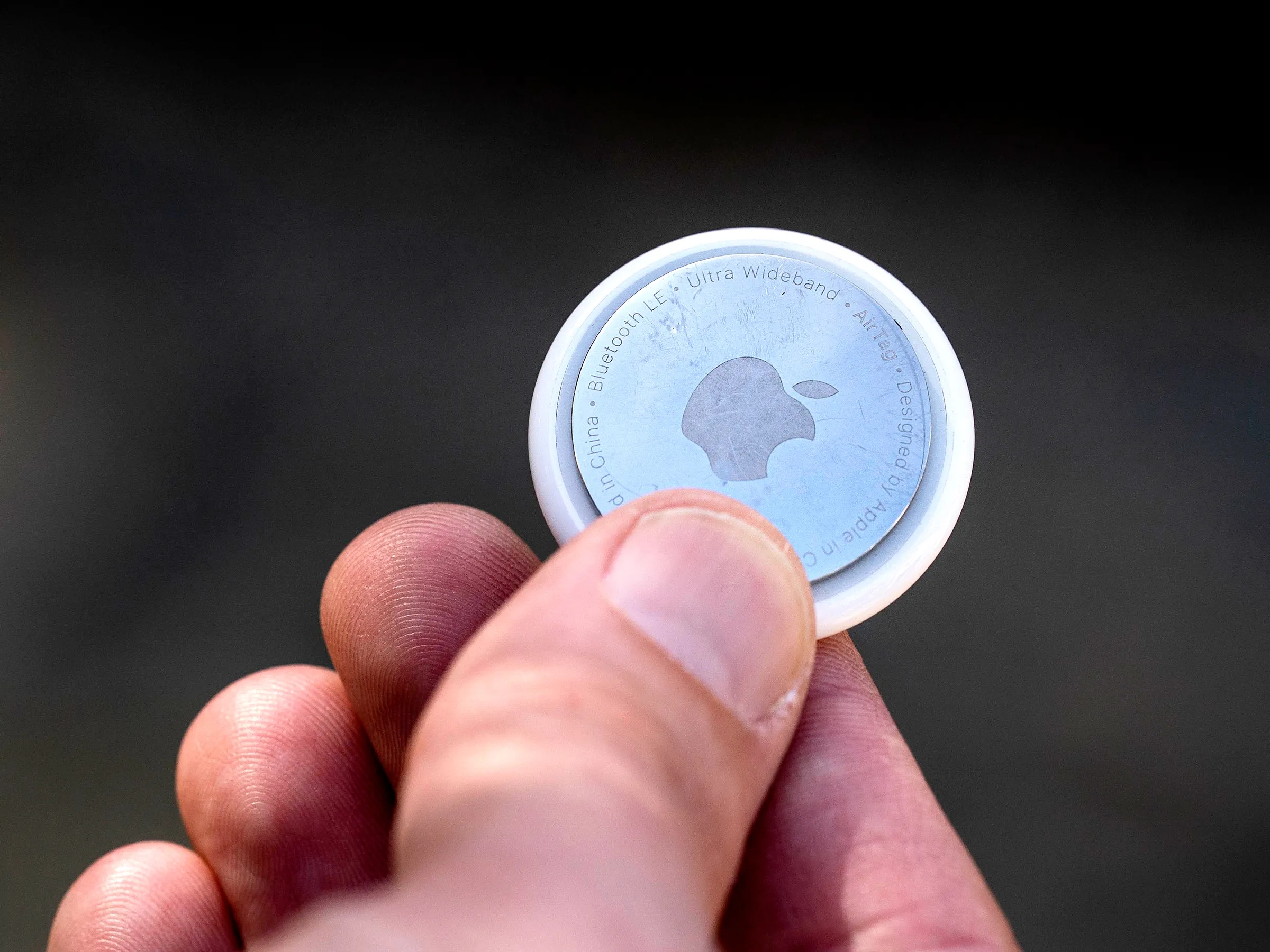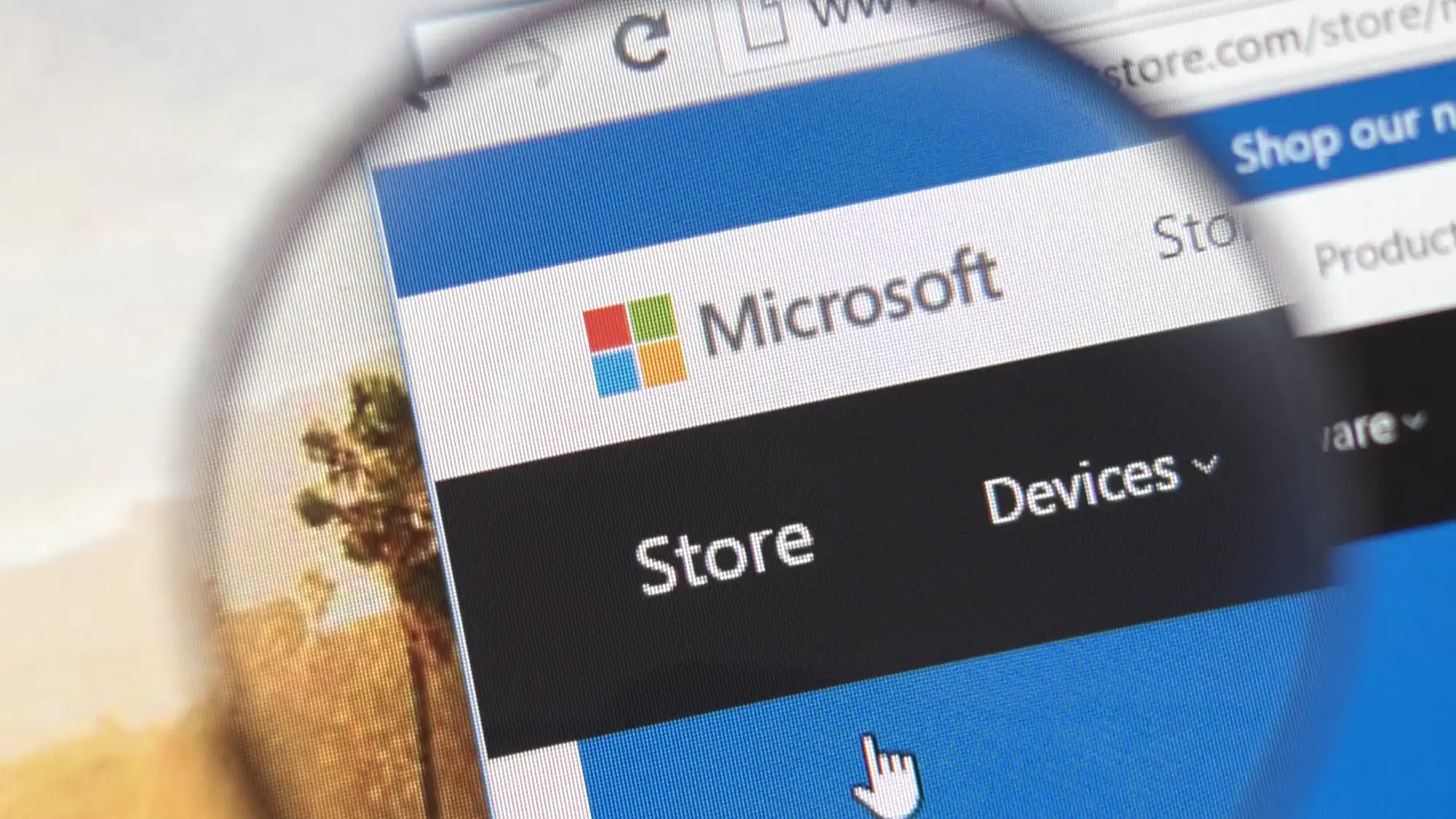The tech giant will still take a 27% cut of in-app purchases even if developers bypass its payment system.
Apple will open up its US App Store to allow outside payment options, following a Supreme Court ruling this week.
The company will now let all third-party apps sold in the US link to an outside developer website in order to process payments for in-app purchases.
Developers who choose to bypass Apple’s own payment system will be subject to pay a 27% share of revenue to the tech giant.
This latest news comes as a secondary blow for the iPhone maker this year, as it was recently shared that Microsoft had overtaken it in becoming the most valuable company in the world.
Supreme Court Doesn’t Want to Hear It
According to the Supreme Court decision, Apple’s business model didn’t violate antitrust laws. It did, however, go against California’s Unfair Competition Law by limiting developers’ ability to reference and signpost to alternate, potentially cheaper, payment systems.
Both Apple and Epic Games Inc., the developer behind Fortnite, asked the court to hear an appeal, but this was turned down without explanation.
Following this, Apple has since introduced StoreKit Purchase Link Entitlement (US), allowing developers that offer in-app purchases the ability to add a link to their website that shares information on other ways to pay.
Apple Remains Unconvinced
Apple has since updated its guidelines but was sure to state that:
“We believe Apple’s in-app purchase system is the most convenient, safe, and secure way for users to purchase digital goods and services.”
It also shared a list of situations it wouldn’t be able to assist with should customers use a third-party payment option. This includes refunds, purchase history, and subscription management. For developers choosing to provide alternative payment systems, the responsibility of resolving these issues would now fall to them.
Despite publishing these guidelines, Apple remains unconvinced that outside payment options will work and consider collecting commissions to be “exceedingly difficult and in many cases, impossible,” due to the size of the App Store.
Google Faces Scrutiny Too
Linking to third-party payment options is fast becoming the norm for tech companies, with similar rulings having recently taken place.
Back in December, Google was said to have “willfully acquired or maintained monopoly power by engaging in anticompetitive conduct” against Epic Games, before being found guilty by U.S. District Judge James Donato.
Similarly, the search giant paid $700 million in settlement with the US attorney general over another case of monopolizing on the Play Store. This led to the company making changes to its app store model, including the option for developers to use alternative billing methods.




